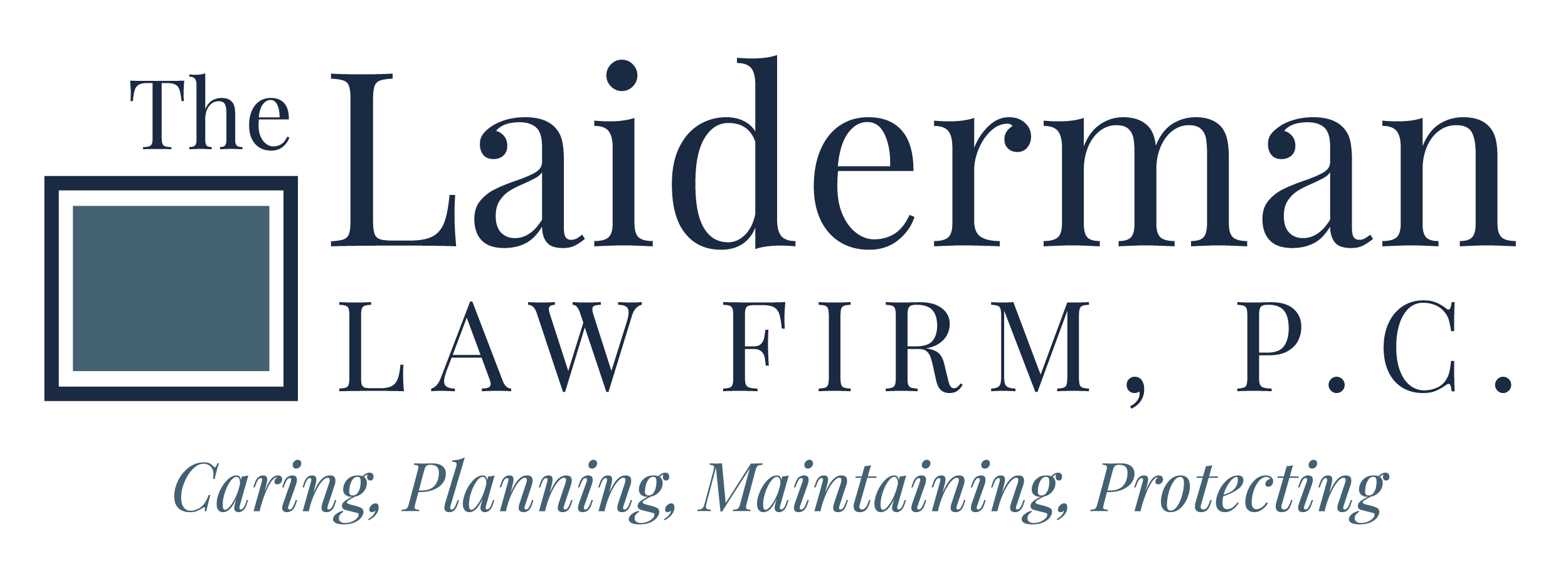Medicaid is the federal program that gives health and medical benefits to those who cannot otherwise afford them or have access to them. Many people who end up requiring long-term care, such as nursing home assistance, can pay for it out of their own assets, at least initially.
However, because long-term care expenses are so astronomical, many people end up accessing Medicaid benefits, after their own assets have been depleted.
The Medicaid program can help with paying for home care, assisted living, and nursing home care, explains Insurance News Net’s recent article, “Medicaid planning.”
It would be great if people would plan to qualify for Medicaid long before they need long-term care, much less become completely broke, which would enable them to protect their estate and preserve their children’s inheritance.
For those who are thinking of transferring their assets to their loved ones to qualify for Medicaid, the government has already thought of that. If you gift any assets you face a 5 year look back reporting period and a period of ineligibility benefits. However, there are legal strategies that an individual can use to become eligible for Medicaid, which would enable them to yet preserve or protect a portion of their estate.
An elder law or Medicaid planning attorney can help individuals develop an estate plan that takes long term care concerns into consideration. These practitioners focus on helping people qualify for Medicaid benefits far in advance of their assets becoming depleted.
It is important to note that assets may be freely transferred between spouses to help gain eligibility for a spouse that needs care in a nursing home setting.
There are also some assets that are exempt for purposes of determining financial eligibility. This may include a primary residence, rental property, certain IRAs and vehicles. The assets that may be exempt are state-specific and can vary from state to state so it is important to work with an elder law attorney to determine your own financial eligibility.
It’s also important to remember that if a person wants to pay a private individual, such as a family member, to provide care, they must do so under the terms of a written contract if the payments are not to be treated as gifts.
With the guidance and planning from qualified legal counsel, seniors who require long-term care may be able to qualify for Medicaid financial assistance, while preserving assets for their heirs.
Please contact an experienced Medicaid planning or elder law attorney for additional information if you need to consider or are concerned about paying for your future long-term care costs.
Reference: Insurance News Net (September 29, 2019) “Medicaid planning”


